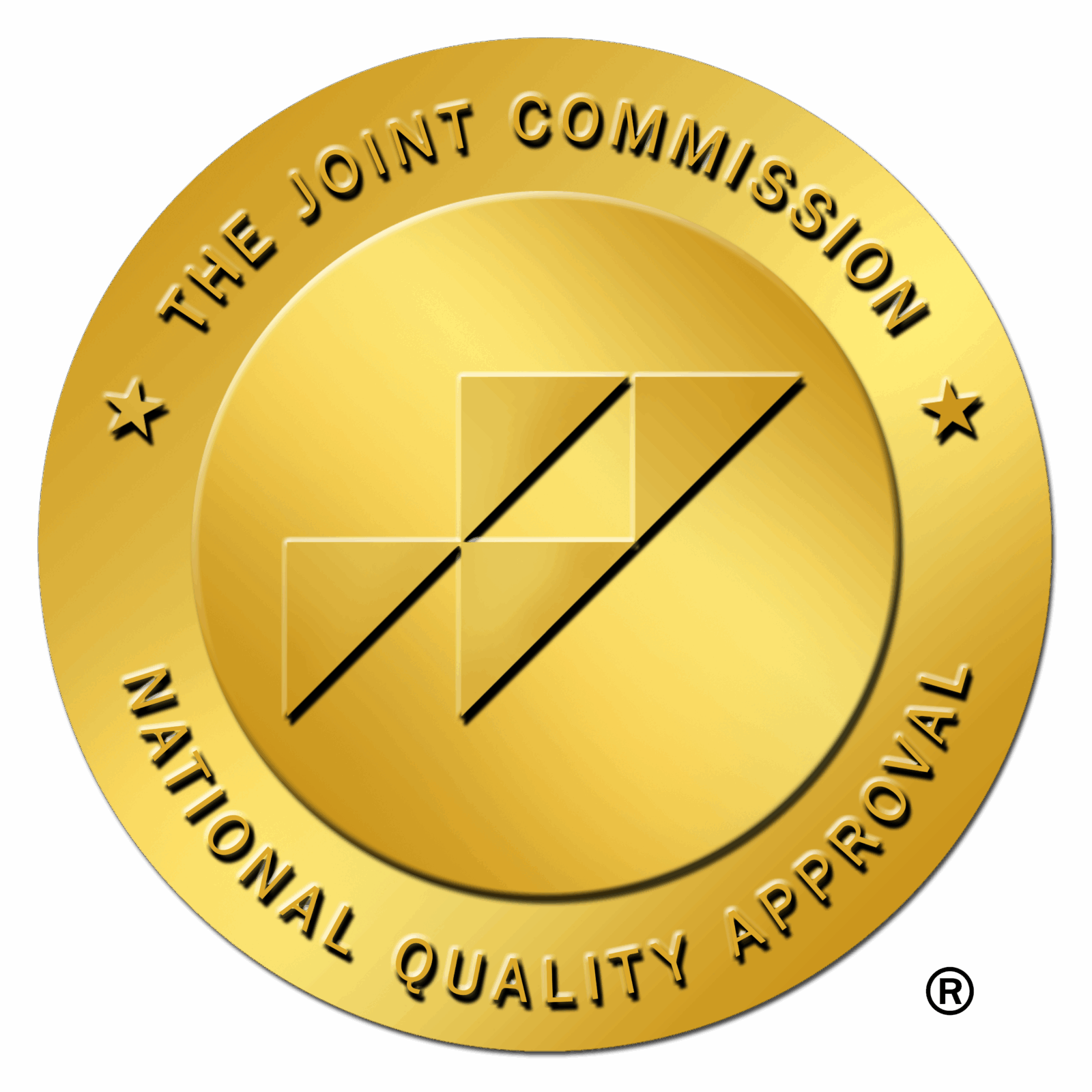By: Danica Brown, PharmD & Melanie Claborn, PharmD
Cholesterol is a soft, waxy substance found in the blood. The body needs some cholesterol to help build healthy cells and produce important hormones. However, having too much cholesterol can lead to serious health problems, especially for the heart.
“Good” vs “Bad” Cholesterol
Cholesterol comes from two main sources: the liver, which makes most of it, and foods, such as meat, eggs, and dairy products. It travels through the blood in small packages called lipoproteins. There are two main types to know about: LDL (low-density lipoprotein) and HDL (high-density lipoprotein).
LDL or “bad” cholesterol can be like trash in the body. It can build up in the blood vessels, forming plaque, and increase the risk of heart disease.
HDL or “good” cholesterol can be like trash collectors in the body: This type helps remove other forms of cholesterol from the blood.
Preventing High Cholesterol
High cholesterol often has no symptoms, which is why regular blood tests are important for monitoring. Lifestyle changes such as exercising regularly, eating a diet low in saturated fats, and maintaining a healthy weight can lower cholesterol. For some people, these aren’t enough to bring cholesterol to a healthy range. In these cases, providers may prescribe medications called statins.
A Provider May Recommend Statins if the Patient has:
- High cholesterol that hasn’t responded to lifestyle changes
- A history of heart attack or stroke diabetes
- A genetic condition that causes very high cholesterol levels
Statins work by blocking the production of cholesterol in the liver. These medications can lower LDL cholesterol and triglycerides, while slightly raising HDL cholesterol. These medications have been shown in many studies to decrease risk of heart disease. Some examples available at OKCIC include atorvastatin (Lipitor) and pravastatin (Pravachol).
Statins are generally safe and effective, but like all medications, they can have side effects. The most common side effect is muscle pain or weakness. It’s important to discuss any side effects with a provider or pharmacist.
Cholesterol is necessary for the body to function, but having too much “bad” cholesterol can be harmful. Cholesterol-lowering medications, like statins, play an important role in helping to keep cholesterol levels safe. By managing cholesterol levels, the heart is better protected!
Call (405) 948-4900 to talk to a provider about cholesterol levels and staying healthy.

